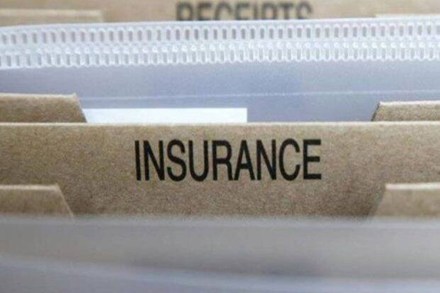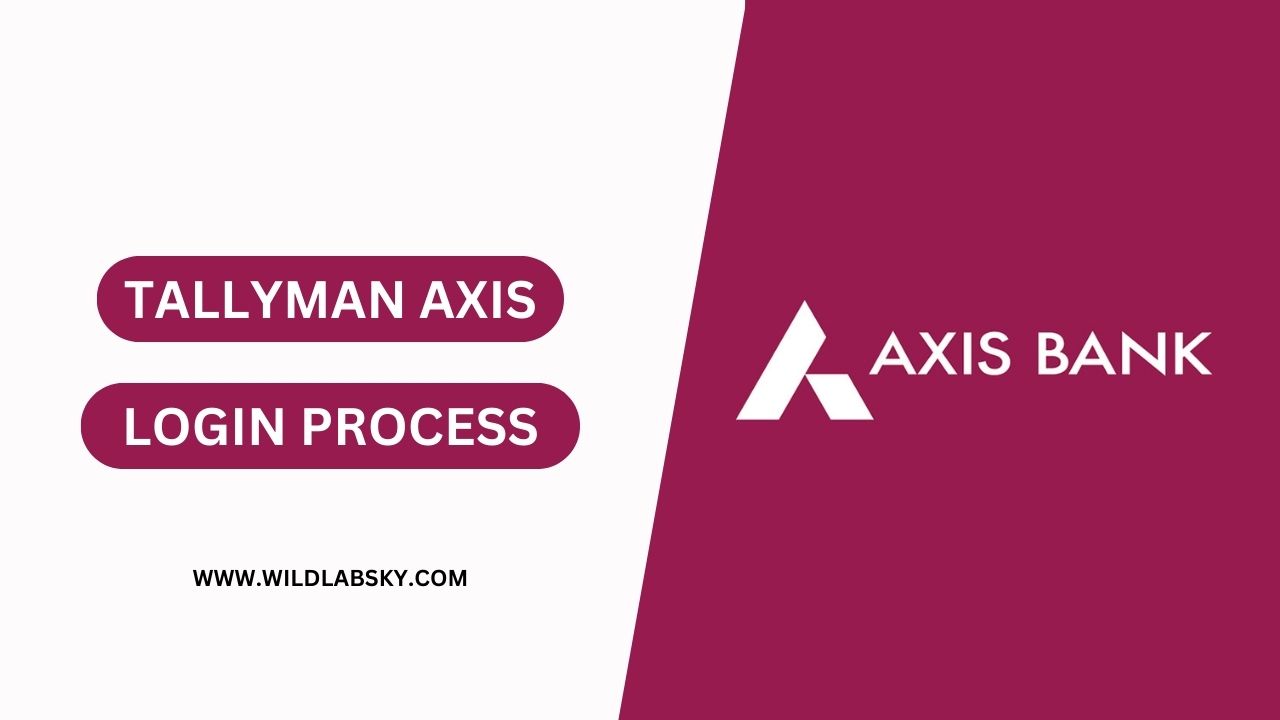A credit card can be your best friend or your worst enemy. If it is used wisely, then it can earn you rewards, improve your credit score, and give you financial flexibility. But even if one wrong move is made, then you are stuck in a cycle of debt, late fees, and endless stress.
So, let’s talk about how to avoid the common mistakes people make while using a credit card. Even if you find yourself stuck in a problem related to your finances, then never hesitate to ask for help from a professional credit card settlement agency. Now, read on to find the common mistakes and how to avoid them.
1. Don’t Just Pay the Minimum Due
A lot of people think, “I’ll just pay the minimum due amount, and I’m sorted!” But that’s where the trap lies. The minimum due is just a tiny percentage of your total bill. If you pay only that, the remaining balance starts attracting heavy interest. Before you know it, your ₹10,000 spent turns into ₹15,000, and you’re wondering where all your money went. Always aim to clear the full bill by the due date. If that’s not possible, pay as much as you can—don’t let the debt snowball.
2. Swiping Without a Budget is a Big Problem
Having a credit card doesn’t mean you have unlimited money. “Arre, I’ll pay later” is the biggest financial blunder you can make. Many people swipe freely without tracking their expenses, only to get a shock when the bill arrives. Set a budget for your credit card expenses, just like you do for your monthly spending. If you know you can comfortably afford ₹10,000 in a month, don’t go swiping ₹25,000 thinking you’ll figure it out later.
3. Ignoring the Due Date
This is one of the easiest mistakes to avoid, yet so many people still do it. Missing your due date means late payment fees, interest charges, and a hit to your credit score. One missed payment won’t ruin your financial life, but make it a habit, and banks will start treating you as an unreliable borrower. Set a reminder on your phone, enable auto-pay, or just mark it on your calendar—whatever works for you. The key is to never, ever miss that due date.
4. Utilising More than Your Credit Limit
Maxing out your card affects your credit utilisation ratio (basically, how much credit you’re using compared to your total limit). A high ratio signals to banks that you might be financially unstable, which can hurt your credit score. Plus, if an emergency comes up, you won’t have any credit left to us. Try to keep your credit utilisation below 30-40%. If your card has a ₹1,00,000 limit, avoid spending more than ₹30,000 ₹40,000 unless absolutely necessary.
5. Falling for the EMI Trap
EMIs sound great—Only ₹1,500 per month for that new phone? Done! But what they don’t tell you is that you’ll end up paying way more than the actual price, thanks to interest and processing fees. If you keep converting everything into EMIs, your monthly expenses pile up, and before you realise it, a big chunk of your salary is gone in repayments. Use EMI options only for essentials, and always check the interest rates before opting in. Suppose it’s a 0% EMI, great. If not, calculate whether it’s really worth it.
6. Withdrawing Cash from Your Credit Card
Withdrawing cash using your credit card is like inviting trouble. Unlike normal purchases, cash withdrawals attract interest from day one, and the rates are ridiculously high. Plus, there’s a hefty cash withdrawal fee on top of that.
7. Applying for Too Many Credit Cards
Having multiple credit cards isn’t necessarily a bad thing, but applying for too many in a short span can make banks suspicious. Every time you apply, lenders check your credit history (a “hard enquiry”), and too many enquiries can lower your credit score. Only apply for a new credit card when you actually need it. If you already have a couple of good ones, make the most of them instead of chasing new offers every few months.
8. Falling for Scam Calls & Fraudulent Offers
“Sir, you have won a free u grade to a platinum credit card!” If you’ve received calls like this, you know what I’m talking about. Scammers try to trick people into sharing their OTPs, CVVs, or passwords, leading to unauthorised transactions. Never share your details with anyone over the phone. Banks never ask for OTPs or PINs. If someone does, it’s a scam—simple as that.
Final Thoughts
A credit card is a fantastic financial tool, but only if you use it wisely. The key is to stay disciplined, pay on time, and avoid unnecessary debt traps. Keep these mistakes in mind, and you’ll enjoy the benefits of your credit card while keeping your finances in check. So, next time you swipe, do it smartly!



